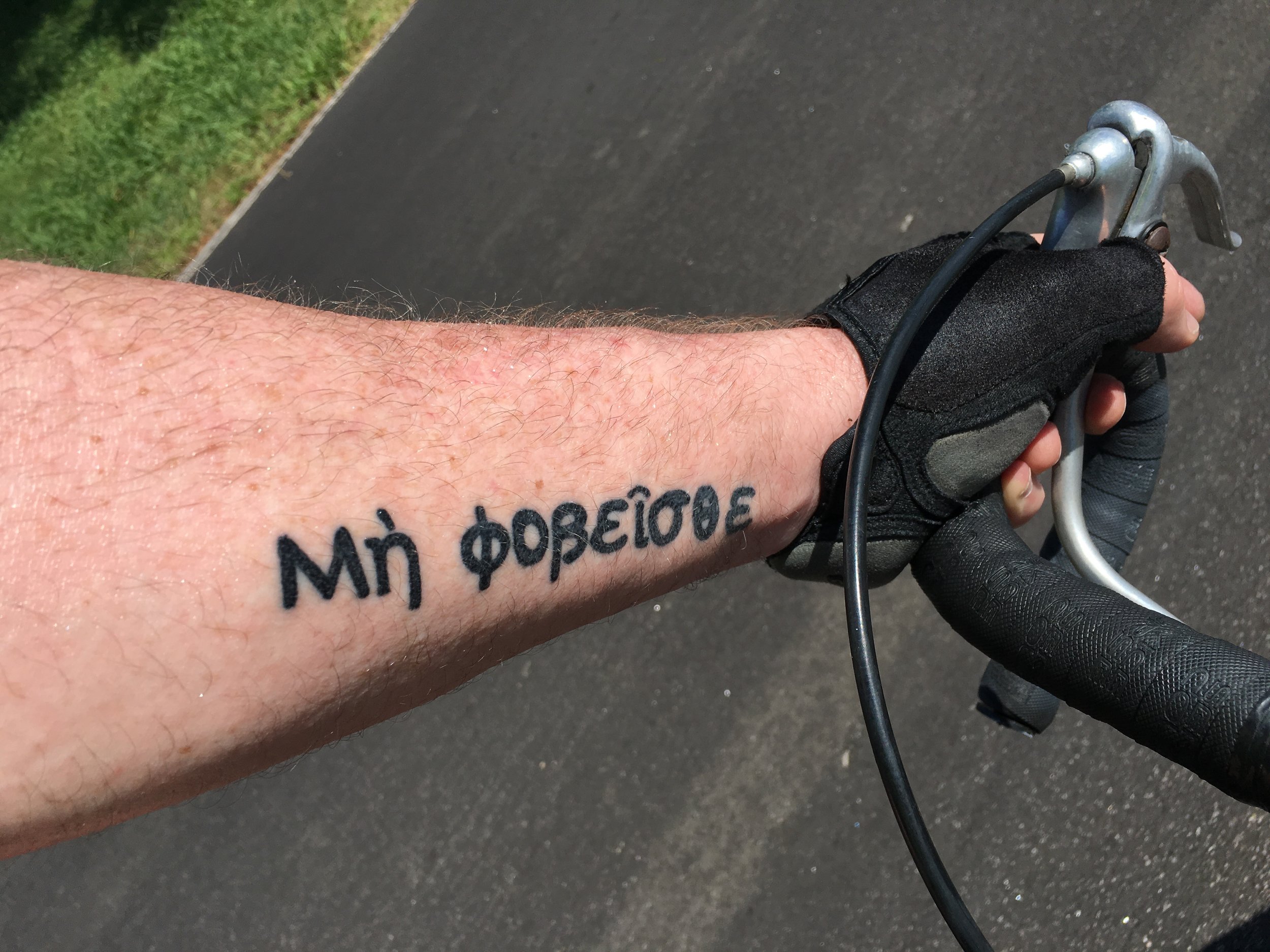Loving Ourselves
/by Rev. Eric Folkerth
Here’s the cartoon I mentioned in Sunday’s sermon. As I said then, it’s one of my favorite church cartoons in the world. Rev. Thom Elliott first shared this cartoon with me. (BTW, in the “small world” thing, Thom was Rick Lange’s grandfather, and my intern ministry supervisor!)
When we take time out for “self care” we are most definitely “busy.” We are most definitely doing important things.
Whether we are praying/meditating, eating well, exercising, or engaging in other hobbies that bring us joy, that is not “wasted” time. In fact, it’s a measure of how messed up our world is that we so often believe that it is.
Fully one-third of the Great Commandment to love is about “loving yourself.” Loving ourselves —with a non-narcissistic self love— is just as important as loving God or our “neighbor.” But, as I said Sunday, we church folks do that very poorly. We make excuses. We put things off. We promise ourselves we’ll care for ourselves tomorrow. And then, we never do.
There’s an old expression in self-care, learned from watching the instructions that flight attendants give:
“Put on your oxygen mask first.”
That’s a metaphor for the whole thing, really. For all of life.
Until and unless we can truly care for our own selves, we will not be able to care for others. Whether that “other” is our family, our friends, a job, or doing charitable work for the community.
We’ll come back to this “Desert Island Theme” quite a bit, because we all will need to be reminded again and again to practice compassionate self-care. Among all the things you are doing for your family, your community, and your Church, do not fail to love yourself, to speak kindly to yourself, to be “busy” with self-care that renews you and connects you to your true self.
You matter to God, and God wants you to practice compassionate self care.



